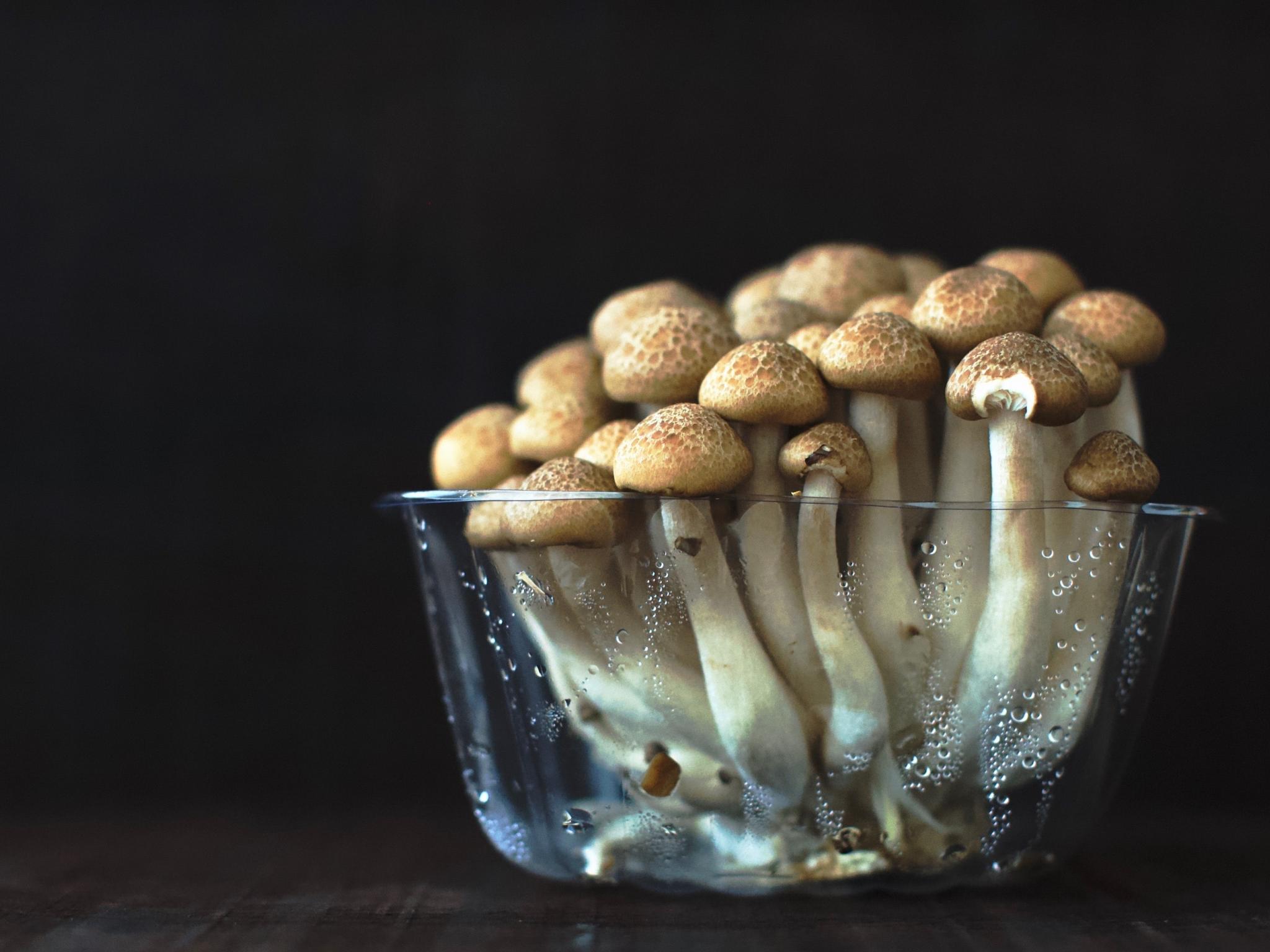
This article was originally published on Cannabis.net and appears here with permission.
Terminally ill patients are those that have a limited amount of time left, due to serious conditions such as cancer, dementia, heart disease, kidney failure, or other types of similar conditions.
These kinds of patients are given what is known as hospice care, which is different from medical care. Whereas medical care is involved in providing treatments with the intention of curing a disease, hospice care done by health care professionals seeks to provide comfort for patients psychologically, physically, and spiritually before they die. In many cases, because death is already inevitable for these patients and it’s a matter of time, they may need great moral support through counselling.
Hospice care may be given at home though it can also be available at nursing homes, hospitals, and assisted living facilities. But no matter where it’s done, it’s difficult to comfort someone who is facing their own death. These patients are ridden with fear and crippling anxiety.
However, it seems that magic mushrooms may be the key to helping them ease into the afterlife.
According to Dr. David Luke, Greenwich University associate professor of psychology, psychedelic drugs may help minimize the fear of death and ‘revolutionize’ home care treatment for those nearing the end of life. “It often relates to a sense of their own existence, they get a glimmer of something which reduces their fear of death, and it’s often that maybe death isn’t the end or something like that,” he says.
“People have less depression, anxiety, they have less fear about dying, so they feel better able to die or feel more prepared – they feel more open to their death,” he says, during the Cheltenham Science Festival that took place in Gloucestershire, England, a few days ago. “You would need a specialist team, you need people who are trained in guiding people through psychedelic experiences, but there’s already training out there and I think people who are already working in palliative care who are therapists would be really well suited to that,” Dr. Luke adds.
“Preliminary evidence suggests that psychedelics may be helpful in palliative care,” chimes in Allan Young, a professor at the King’s College London Institute of Psychiatry, Psychology, and Neuroscience. “Psychedelics may help people to work through, understand, and re-evaluate previous life experiences, so they reach a state of acceptance and are more prepared for death,” said Young.
A study, conducted by researchers from both NYU Langone Health as well as Johns-Hopkins University, involved giving 80 patients with advanced cancer, some psilocybin. They both found that 80% of the participants reported extended relief from stress regarding death after just one dose of 0.3mg psilocybin for each kilogram, lasting as long as 6 months after the first hit. These patients also reported that they were feeling less despair as well as more life satisfaction even if they had terminal illness.
“Our results represent the strongest evidence to date of a clinical benefit from psilocybin therapy, with the potential to transform care for patients with cancer-related psychological distress,” explains lead investigator, Stephen Ross, MD. “If larger clinical trials prove successful, then we could ultimately have available a safe, effective, and inexpensive medication – dispensed under strict control – to alleviate the distress that increases suicide rates among cancer patients,” Ross adds.
There is a significant, and growing, body of research focused on the use of psychedelics for end of life care. “The evidence is just so compelling, and we have very little in terms of tools in our medical bag to be able to help people who are suffering from existential distress, anxiety, and depression related to a serious illness diagnosis,” says Shoshana Ungerleider, MD, to HospiceNews. She is also an internist at San Francisco’s Crossover Health, and helped to found an organization called End Well. “We want people to be able to live fully until they die. If psychedelics given in a controlled therapeutic environment with trained clinicians who can help them do that, then these medicines should be more widely available,” she adds.
Psilocybin-Induced Mystical Experiences
There are many ways that psilocybin work in the brain which can be beneficial for those nearing the end of their lives.
Patients who medicate with psilocybin usually experience what is referred to as a “mystical experience”, which is transformative for anyone who is dealing with any kind of pain, anxiety, and suffering – but most especially those who struggle to reconcile that they will soon be dying.
These mystical experiences are difficult to describe though one can say that they are usually always positive and sacred. Perhaps the biggest benefit of all that terminal patients can get from psilocybin therapy is that it helps to rewire the brain, adjusting the circuits that promote communication, allowing the brain to reset itself and even the ego. In doing so, it can help one rethink their personality as a whole, and be more open to change, research says.
Best of all, magic mushrooms are completely safe and there is no need to fear any negative side effects because studies show it’s widely well-tolerated, even among the sick, mentally or physically. The positive research we have these days is excellent news especially for doctors, as medical professionals find it difficult to help patients manage the existential distress that comes with a terminal illness.
Psychotherapy often has mixed results, but with psilocybin becoming more accepted and widely available, it could be the one thing that can help patients transition to the afterlife peacefully. If a terminally ill patient wants to medicate with magic mushrooms, they should have all the right to be able to do so. However, doing this in a controlled environment with a trained professional is always recommended for the best results.







